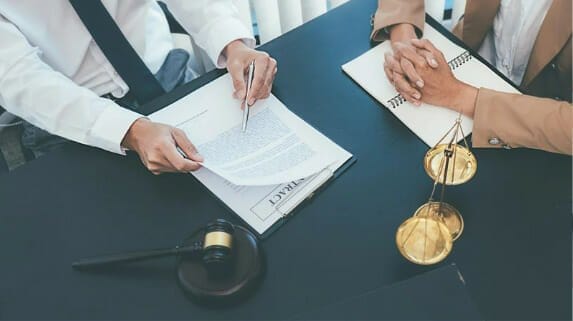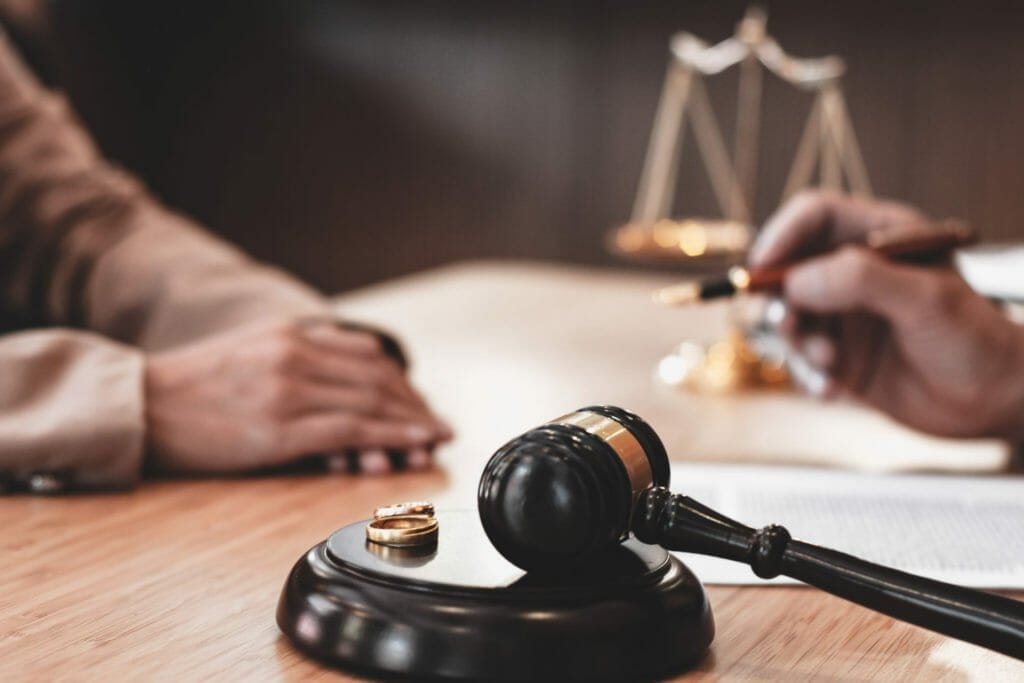
Knowledgeable Land Use Legal Services in Niagara County
A Land Use Law Firm Serving Niagara County NY
Seaman Norris LLP's Niagara County land use lawyers can provide you with the legal services and guidance necessary to ensure that your land use rights are protected. The land use attorneys on our team have a wealth of experience representing clients in the private sector, as well as public entities, in land use disputes.
We understand the complexities of land use law and are committed to providing our clients with the best possible outcome. As a locally based law firm, we have a deep understanding of the land use laws in Niagara County and can provide you with the individualized attention that you deserve. If you are facing a land use issue, we encourage you to contact our office today to schedule a consultation with one of our experienced land use lawyers.
When to Contact Law Firms For Land Use Attorneys
When is the best time to seek legal assistance from a land use lawyer? Unfortunately, there is no easy answer to this question. Every situation is unique when dealing with land use regulations, and the best course of action will vary depending on the specific facts and parties involved. However, there are some general guidelines that can be helpful in deciding when to seek legal assistance.
First, if you are facing opposition from your local government or planning commission, it may be time to consult a lawyer.
Second, if you are unsure about whether your proposed project complies with all applicable laws and regulations, you should also seek legal advice.
Finally, if you have already been sued or are under investigation for alleged violations of land use law, it is definitely time to contact a lawyer. In short, whenever you are facing a potential legal issue related to land use, it is always best to seek professional advice from a qualified land use attorney.
Land Use, Zoning Law, and Environmental Law
Land use generally refers to the ways in which humans make us of property after obtaining land ownership rights, such as through purchase or lease. Our Niagara County land use attorneys have experience. This can include activities like agriculture, forestry, urban development, and recreation. Zoning laws are a type of land-use regulation that determines how land can be used. These laws are typically created by local governments in order to control development and protect property values. Environmental law is a type of land-use regulation that aims to protect the environment from degradation.
This can include laws that regulate obtaining land, land pollution, the use of natural resources, hazardous waste disposal, and biodiversity. Land-use legal services provide support and guidance for individuals and organizations involved in land-use planning and development. These services can help clients navigate the complex web of regulations governing land use.
In addition, land-use legal services can provide assistance with environmental impact assessments, zoning applications, and land-use permits. By working with a qualified land-use lawyer, clients can ensure that their projects are carried out in compliance with all applicable laws.
How Local Governments Control Land Use
The way land is used in the Niagara County Area is regulated by local governments through their zoning codes. Zoning codes are a set of laws that dictate how land can be used, and they are created to ensure that land is used in a way that is compatible with the surrounding area.
For example, a residential area would have different zoning code restrictions than an industrial area. Local governments also have the authority to rezone land, which means changing the way that it can be used. This is often done in response to changes in the surrounding area, such as the construction of a new highway.
Land use approvals in the Niagara County Area are also controlled by the state government through its own set of laws and regulations. However, state laws generally defer to local zoning codes when it comes to land use. As a result, the authority to control land usage in the Niagara County Area ultimately lies with the local government.
Navigating Zoning Ordinances
Navigating zoning ordinances can be a complex and time-consuming process, but it is important to understand the basics of land use zoning law in order to make informed decisions about your property. Zoning ordinances are enacted by local governments in order to control the development and use of land within their jurisdictions. These ordinances can dictate everything from the minimum lot size for a new construction project to the maximum height of a building.
In some cases, zoning ordinances may also restrict the types of businesses that can operate in a particular area depending on the intricacies of the settled upon development agreements. Understanding zoning ordinances is essential for anyone who is planning to execute development projects or use land within a local jurisdiction. However, these ordinances can be complex and confusing, so it is important to seek out professional help from a land use team if you need assistance navigating them.
Negotiating Special Use Permits
When it comes to land use law, one of the most important concepts to understand is the special use permit. This type of permit is required for any activity that would not normally be allowed on a particular piece of land.
In order to obtain a special use permit, the applicant must first submit a proposal to the local planning commission. This proposal will be reviewed by the commission and either approved or denied. If the proposal is approved, the applicant will then need to appear before the Board of Zoning Appeals to request a formal hearing.
During this hearing, both the applicant and members of the community will have an opportunity to present their case. After considering all the evidence, the Board of Zoning Appeals will make a final decision on whether to grant the special use permit.
Eminent Domain and Condemnation Proceedings
In the United States, the power of eminent domain allows the government to take private property from private sector clients for public use, with just compensation paid to the owner. The process by which this is accomplished is known as condemnation proceedings.
The first step in condemnation proceedings is for the government entity that wishes to take the property to make an offer to purchase it from the owner. If the owner agrees to sell, then the matter is settled and no further action is necessary. However, if the owner does not agree to sell, or if the two parties cannot come to an agreement on a price, then the government may file a complaint in court.
Once the complaint is filed, a hearing will be scheduled so that both sides can present their case. After hearing all the evidence, the court will decide whether the government has a valid reason for taking the property. If the government does have a valid reason, then it will issue an order of condemnation. This order gives the government authority to take possession of the property and provides a schedule for payment of just compensation to the owner.
Although eminent domain allows the government to take private property for public use, it is a power that is meant to be used sparingly and only in cases where there is truly a public need. In all other cases, owners should be able to retain possession of their property without fear of having it taken away by the government.
We Offer Many More Solutions to All of Western New York
Not only does Seaman Norris LLP offer more than just land use and zoning solutions to Niagara County, Western NY, but we also offer a variety of legal services to our clients, including estate and legacy planning, business law, real estate law, criminal defense, and family law. This goes for all communities within Niagara County borders, including Niagara Falls, North Tonawanda, and Lockport, NY.










